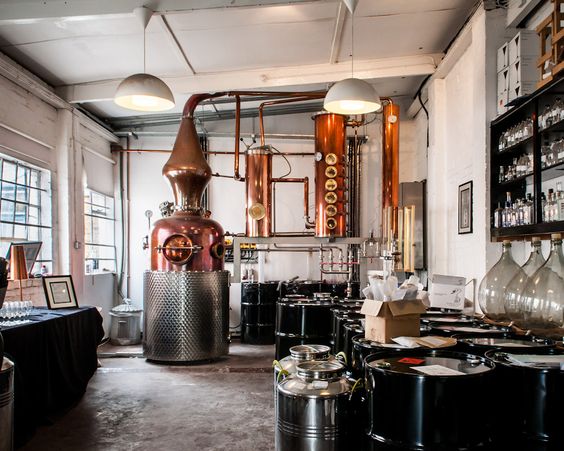n the age of the COVID-19 pandemic, with its bar and restaurant closures and stay-at-home orders, people continue to drink—but in vastly different ways than they did before. Despite an overall increase in liquor sales in the month following most regions’ shutdowns, many smaller distilleries across the U.S. are hanging on by a bare thread.
According to the American Craft Spirits Association, in the absence of government stimulus, as many as two-thirds of its members might be forced to shutter within three months. The peril is amplified due to the fact that on-premise sales tend to make up a disproportionately larger share of profits for smaller distilleries than they do for their macro counterparts.
In a period of unprecedented upheaval, success will be defined by how rapidly these small businesses can adjust. Here’s a look at what some distilleries are doing to keep the lights on.
Hand Sanitizer
At Santa Fe Spirits in New Mexico, founder Colin Keegan is taking on a new task that’s already quite familiar to many of his industry colleagues. “We stopped spirits production entirely and moved to making hand sanitizer,” he says. He’s hardly alone; the ACSA estimates that more than 75% of craft distilleries are pivoting to the endeavor in an effort to address a national shortage. The Distilled Spirits Council maintains a running list of distilleries that have begun producing sanitizer. As of mid-April, it numbered more than 700 brands.
more on liquor.com




